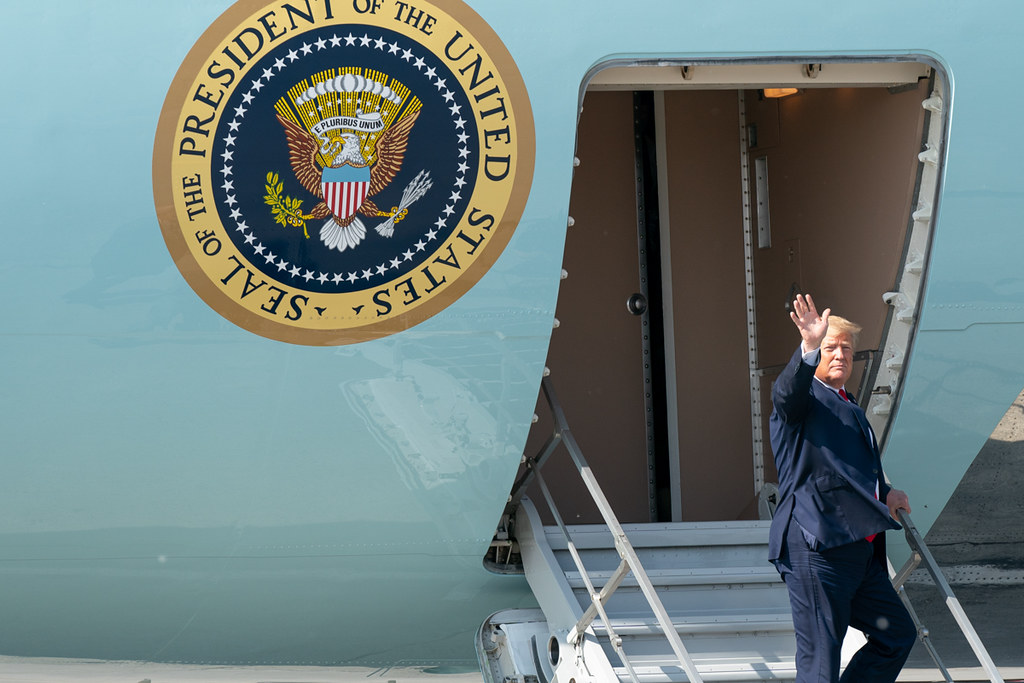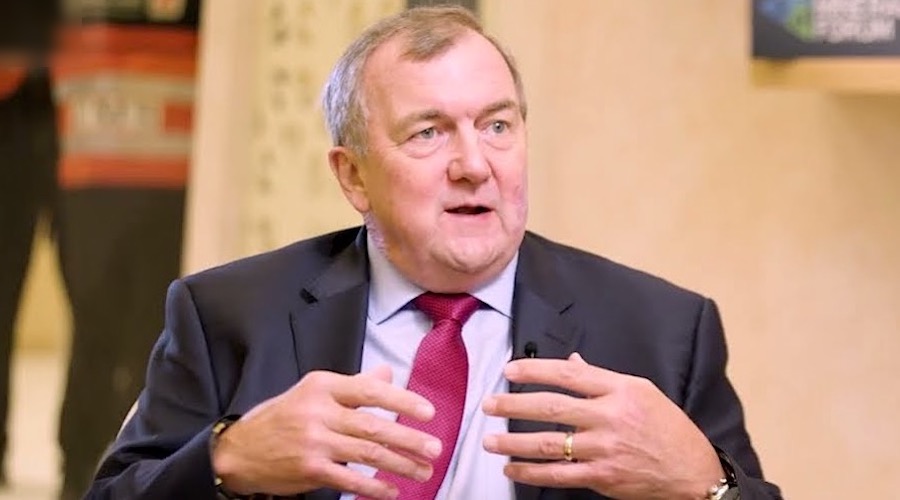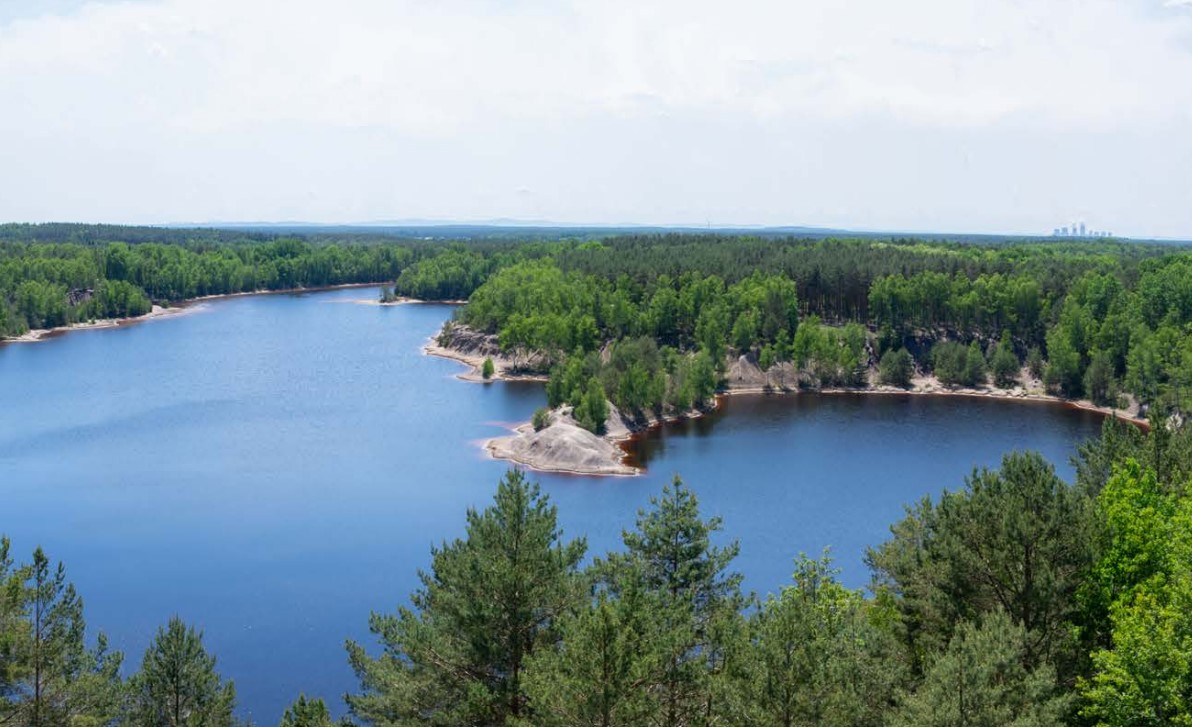Mining, Metals and Sustainable Development
At last year’s United Nations World Summit on Sustainable Development in Johannesburg, South Africa, over 100 of the world’s leaders collectively recognized the important contribution that mining, minerals and metals make to society. The World Summit served to focus worldwide attention on sustainable development as an issue.
One positive outcome was that heads of government recognized that they need to study further the contribution of the sector to sustainable development. During the summit, Canada led the discussions highlighting the importance of this sector to the economic and social development of countries, and setting priorities for future action.
Mining is common to most societies. The products of mining form the basic raw materials from which nations can create wealth and build healthy and prosperous societies. But these simple realities are often forgotten or taken for granted.
World attention over the last decade has focused on the problems related to mining and metals, excluding the potential benefits. This has fostered inconsistent views and misunderstanding about the industry. Focusing world attention on the mining sector as a whole was a significant achievement of the World Summit, and a first for intergovernmental discussions within the United Nations system.
Having raised the issue of the importance of mining and the challenges it faces, Canada recognized the need for an ongoing global forum in which governments could discuss mining and metal issues from an integrated perspective. While a number of regional and sector-specific forums exist, there is currently no active global forum that addresses these important policy issues. Together with South Africa, Canada proposed the creation of a global mechanism to address mining and metals issues in the context of sustainable development. To date, 38 countries are interested in starting the process and more are expected to join.
The Global Dialogue is being designed to bring together high-level officials with responsibility for mining and metals policy. Member governments will be able to exchange information and discuss issues, policies and regulatory approaches. The forum is intended to promote more effective global policies that will enhance mining’s contribution to sustainable development.
The forum will not have any authority to develop or implement international rules, standards or conventions, thus respecting the sovereignty of the member governments. However, it is expected that the forum will make recommendations to governments and other stakeholders.
This forum will be a network of like-minded governments responding with industry and other stakeholders to issues of governance, market or land access, taxation, regulations, capacity building, etc. Industry and other stakeholders will be encouraged to participate through national delegations, suggesting issues to be included on the agenda and the position that their national government should take. They could also provide information at the forum on policies or issues of concern on the agenda. The Global Dialogue could decide to form advisory committees or working groups (e.g., an Industry Advisory Panel) comprising stakeholders from the various national delegations.
Once the forum is established, it will be able to offer advice to governments and intergovernmental agencies (UNCTAD, UNEP, OECD, etc.). Representatives may register the forum’s views at other intergovernmental meetings or to United Nations agencies and thus promote the widest consideration of the forum’s views.
The members will set the work priorities of the forum, which is intended to complement existing sector activities. It should not duplicate other activities, because no other organization has such a broad and global mandate open to such a wide range of governments. The forum will co-operate with existing regional organizations like the Mines Ministries of the Americas, the Africa Mining Partnership and APEC-GEMEED, helping to augment the influence of their work.
It will likely set up a small permanent Secretariat to administer the work of the forum.
One key issue is that the mining sector is not recognized globally and thus cannot be influential with intergovernmental policy-making forums, few of which have expertise in the sector. Yet their mandates can have important impacts on the sector. There is presently no sector-based link between these forums. The Global Dialogue will bring together experienced people who already understand the sector and can act in accord with the priorities of the World Summit. It could draw on industry-based activities, including work by mining and commodity associations and other stakeholders.
Activity continues to formulate the program of work, terms of reference, rules of procedure, and other aspects necessary for the operations of the forum. A preparatory meeting is being planned for the fall of 2003, with the inaugural meeting scheduled for February 2004 in South Africa.
The Global Dialogue represents a unique opportunity for governments to help improve the sector’s contribution to sustainable development and enhance its reputation worldwide. The potential benefits of the forum are clear, but their realization depends on the active support of all.
Patrick Chevalier is the senior international policy advisor with the Minerals & Metals Sector, Department of Natural Resources, Government of Canada in Ottawa, Ont. He can be contacted at telephone +1 (613) 992-4401; pchevali@nrcan.gc.ca.
Additional information on the Global Dialogue is available at www.globaldialogue.info.





Comments